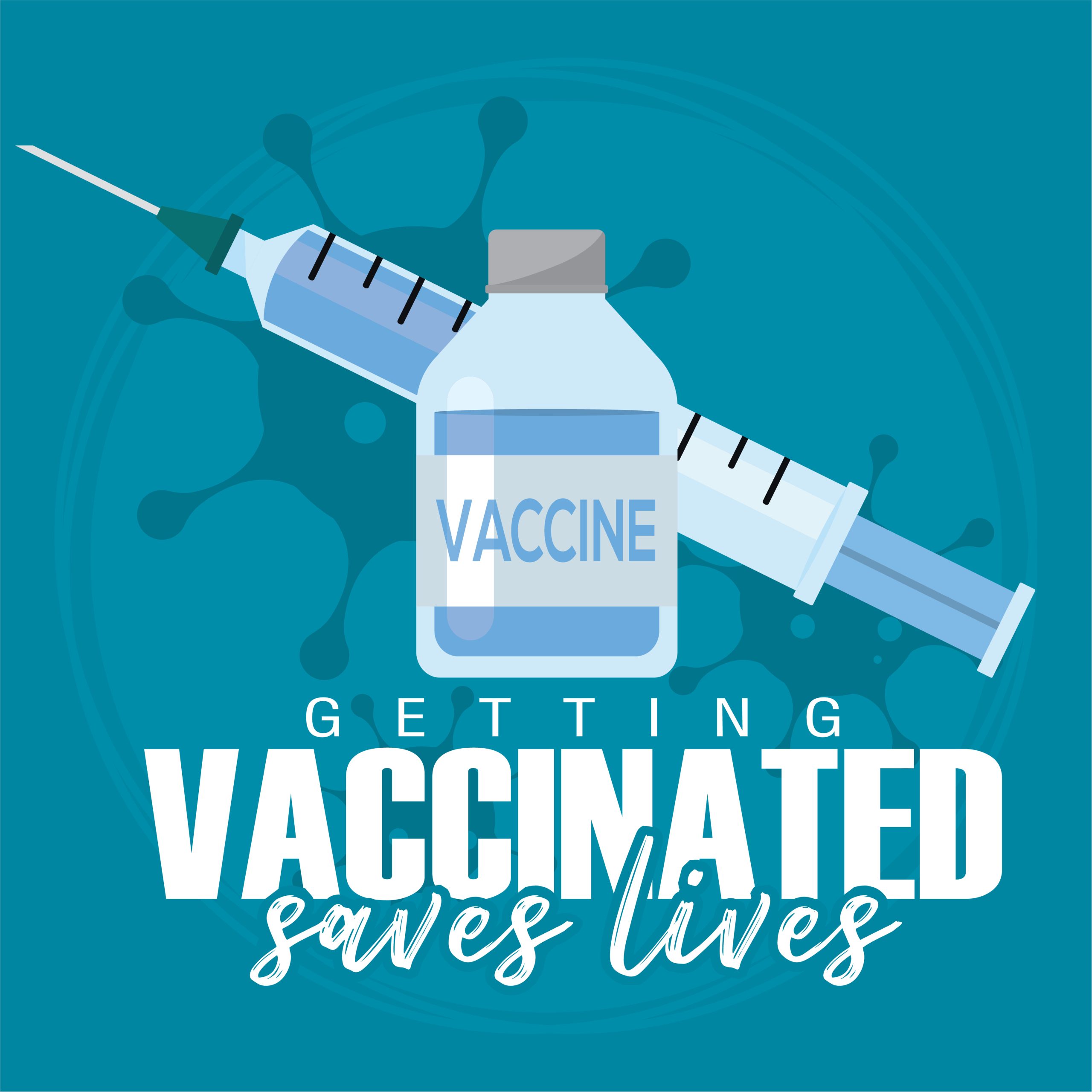After two years of relatively light fall/winter viral respiratory seasons, excluding COVID-19, experts predict that illnesses such as influenza and Respiratory Syncytial Virus (RSV) will settle back into their seasonal patterns this year. As we prepare for the upcoming winter respiratory virus season, long-term care (LTC) providers should be prepared to vaccinate their residents and staff against the common respiratory viruses. This year, there are three vaccines that should be offered to LTC residents and staff: influenza, COVID-19, and RSV. The respiratory virus season can be a dangerous time, especially for those over the age of 65 with underlying health conditions. Older adults, particularly individuals residing in nursing homes and those with chronic medical conditions, are at a greater risk of developing lasting complications from respiratory illnesses. This year, with the looming “tripledemic,” it is even more important to ensure that vulnerable adults are adequately protected.1
In June, the Centers for Disease Control and Prevention (CDC), announced its 2023-2024 annual influenza vaccination recommendations advising that all individuals receive an influenza vaccination in September or October. Even though it is past the recommended months, it’s still not too late, and vaccinations should continue throughout the season for those unvaccinated. It is recommended that adults aged 65 and over receive a higher dose or adjuvanted vaccine preferably: quadrivalent high-dose inactivated influenza vaccine (HD-IIV4), quadrivalent recombinant influenza vaccine (RIV4), or quadrivalent adjuvanted inactivated influenza vaccine (aIIV4).3 With COVID-19 and RSV also circulating, it is important to be vaccinated against these viruses as well. The CDC recommends that those over the age of 65 receive the latest COVID-19 vaccination approved for 2023-2024, regardless of prior vaccination history. Also, the Food and Drug Administration has now authorized the first vaccination to protect against RSV, which is currently available and recommended for adults ages 60 years and older. According to current CDC respiratory virus updates, coadministration of the flu, COVID-19, and RSV vaccinations is acceptable. If all vaccinations are not able to be administered on the same day, there is no interval required between vaccines4 Although the CDC publishes vaccination recommendations, eligible individuals should consult with their healthcare team regarding timing and coadministration of vaccinations.
Three vaccinations may seem like a lot to some individuals, and they may become hesitant as to why multiple vaccinations are needed. Establishing trust and fostering confidence in vaccines among the community, particularly individuals residing and working in nursing home environments, is crucial. Vaccine confidence is the belief that vaccines work, are safe, and are part of a trusted medical system. Vaccinate with Confidence is the framework promoted by the CDC to strengthen vaccine confidence and prevent outbreaks of vaccine preventable diseases in the United States. An increased level of vaccine confidence and uptake leads to fewer illness-related hospitalizations and deaths, as reported by the CDC.5 So while we gear up for this year’s respiratory virus season, commit to being fully vaccinated as you are not only protecting yourself but your loved ones, and others you care for, as well.

